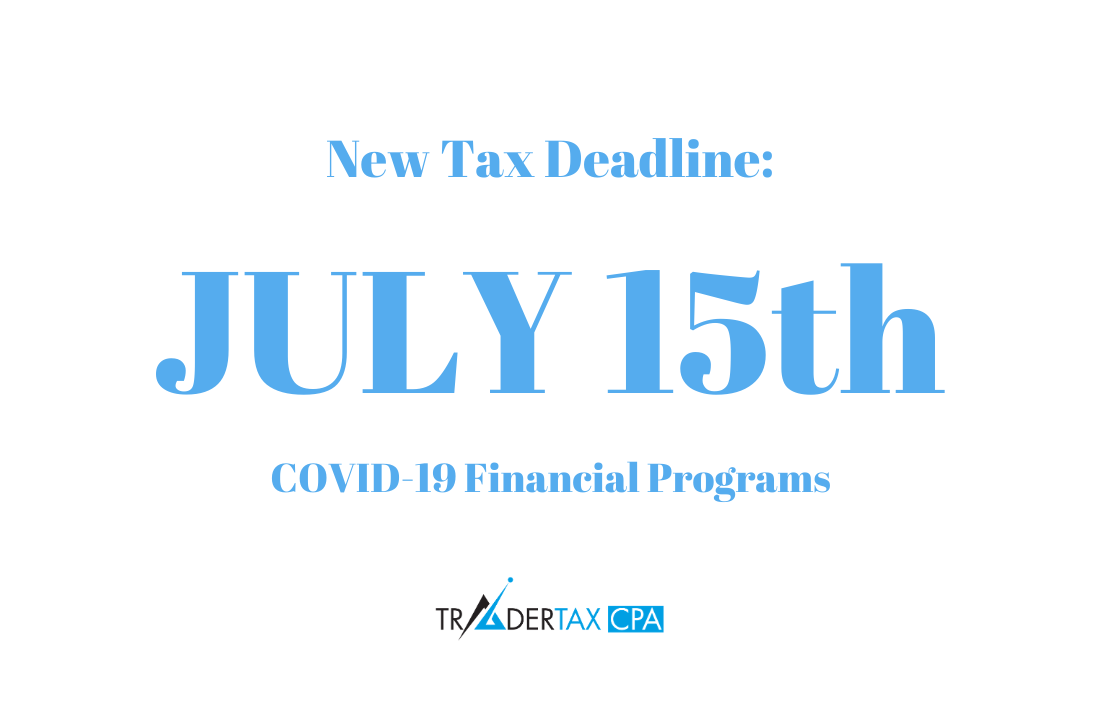This is great news for those who have been financially impacted by the Coronavirus. Use this time to focus on providing the necessities for you and your families.
In addition, it’s smart to go ahead and get your taxes done to see if you will owe or receive a refund. If you typically receive a refund now is a good time to file to get your hard-earned money back in your pocket!
Coronavirus Relief Programs
Financial assistance and unemployment benefits are available to those impacted by coronavirus. Here are some of those programs:
- Small Business Administration (SBA) loans: SBA’s economic injury disaster loans offer up to $2 million in assistance for small businesses. For more information on how to access this disaster relief lending, contact the SBA by email at disastercustomerservice@sba.gov.
- Disaster Relief Unemployment Assistance: Because President Trump declared a national emergency last week, those who lose work because of the virus may qualify for Disaster Unemployment Assistance.
Medical Leave Benefits
If you have lost wages due to coronavirus, medical leave benefits can help. Employees are eligible to take FMLA leave if they work for a covered employer and:
- Have worked for their employer for at least 12 months
- Have at least 1,250 hours of services over the past 12 months
- Work at a location where at least 50 employees are employed by the employer within 75 miles
If you think that you might qualify for FMLA leave, we encourage you to check out the U.S. Department of Labor’s comprehensive COVID-19 FMLA guide.
Mortgage, Rent, and Utilities Payment Assistance
This pandemic can be a stressful time for homeowners, landlords, and renters alike. Those who have lost wages may be worrying about how they will pay their mortgage or rent on time, and landlords are worried about tenants who may not be able to make rent. Currently, there are bills in motion designed to help those who might have trouble paying mortgages or rent. Meanwhile, the Federal Housing Finance Agency is urging lenders to give breaks to those struggling to make ends meet.
There is some hope in sight for homeowners struggling to pay their mortgage during the crisis: The U.S. Department of Housing and Urban Development (HUD) has put a moratorium on foreclosures and evictions for the next two months, starting March 18. While HUD’s moratorium only applies to residential homes financed through Fannie Mae, Freddie Mac, or FHA loans, many cities and states have enacted their own laws.
Additionally, the Federal Housing Finance Agency has urged mortgage lenders to offer forbearance options for homeowners.
We will continually monitor the situation and update this blog post.
Internet Access Discounts Those Working Remotely
For those able to work from home, but without internet service or who struggle to pay this bill, here are your options:
- Comcast Internet Essentials: A low-cost home internet package for qualifying individuals and households is now available for free for the first two months.
- Access From AT&T: A low-cost home internet package for qualifying individuals and households. It is not special to COVID-19 but is available at a low cost.
Unemployment Benefits by State
If you’re in need of unemployment benefits, you can find your state’s information here:
- Alabama
- Alaska
- Arizona
- Arkansas
- California
- Colorado
- Connecticut
- Delaware
- Florida
- Georgia
- Hawaii
- Idaho
- Illinois
- Indiana
- Iowa
- Kansas
- Kentucky
- Louisiana
- Maine
- Maryland
- Massachusetts
- Michigan
- Minnesota
- Mississippi
- Missouri
- Montana
- Nebraska
- Nevada
- New Hampshire
- New Jersey
- New Mexico
- New York
- North Carolina
- North Dakota
- Ohio
- Oklahoma
- Oregon
- Pennsylvania
- Rhode Island
- South Carolina
- South Dakota
- Tennessee
- Texas
- Utah
- Vermont
- Virginia
- Washington
- West Virginia
- Wisconsin
- Wyoming
April 9: Individual traders have until July 15, 2020 to elect Section 475 for tax year 2020. The form should be attached to your filed 1040 and/or 4868.
Revenue Procedure 2020-24 (PDF) provides guidance to taxpayers with net operating losses that are carried back under the CARES Act by providing procedures for:
- waiving the carryback period in the case of a net operating loss arising in a taxable year beginning after Dec. 31, 2017, and before Jan. 1, 2021
- disregarding certain amounts of foreign income subject to transition tax that would normally have been included as income during the five-year carryback period, and
- waiving a carryback period, reducing a carryback period, or revoking an election to waive a carryback period for a taxable year that began before Jan. 1, 2018, and ended after Dec. 31, 2017.
Q2-2020 Estimated tax payment deadline has been moved to July 15, 2020 (previously June 15, 2020)

